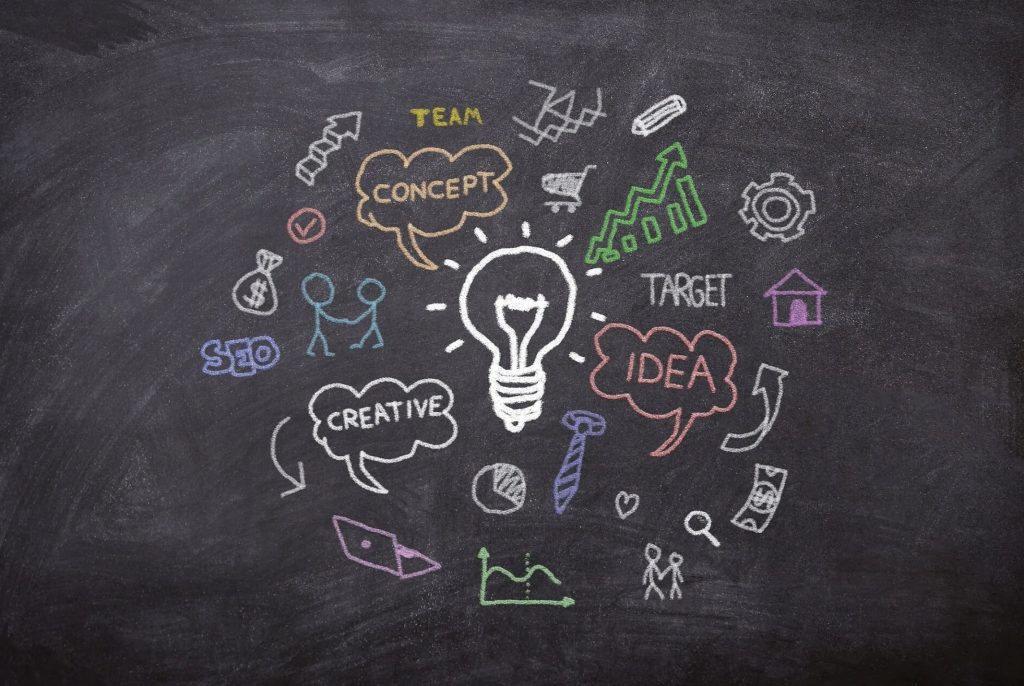Table of Contents
Creativity is not just for artists or innovators; it’s a valuable skill that enhances problem-solving, enriches daily experiences, and contributes to personal growth. Whether you’re looking to spark innovation in your career, improve your hobbies, or simply bring more joy into your life, fostering creativity can transform how you approach challenges and opportunities. This article explores practical strategies to integrate creativity into your daily routine, encouraging you to think outside the box and embrace new ways of seeing the world.

1. Embrace Curiosity and Open-Mindedness
Curiosity is the foundation of creativity. To foster creativity, cultivate a mindset of curiosity and openness. Allow yourself to explore new ideas and experiences without judgment or preconceived notions.
- Ask Questions: Cultivate a habit of asking questions about how things work, why things are the way they are, and what alternatives might exist. This inquisitive approach opens up possibilities and stimulates creative thinking.
- Explore New Interests: Step outside your comfort zone by exploring new hobbies, subjects, or activities. Engaging in diverse experiences broadens your perspective and introduces you to different ways of thinking.
2. Create a Stimulating Environment
Your surroundings can significantly impact your creative output. Create an environment that inspires and motivates you to think creatively.
- Design a Creative Space: Dedicate a space in your home or workspace for creative activities. Personalize it with items that inspire you, such as artwork, colorful decor, or inspirational quotes. A well-organized and visually stimulating environment can enhance your creative flow.
- Minimize Distractions: Reduce clutter and distractions in your creative space to maintain focus. A clean and organized environment helps to clear your mind and allows you to concentrate on generating new ideas.
3. Establish a Routine for Creative Practice
Regular practice is key to developing and maintaining creativity. Set aside dedicated time for creative activities and incorporate them into your daily routine.
- Schedule Creative Time: Block out specific times in your day or week for creative endeavors. Whether it’s writing, drawing, brainstorming, or problem-solving, having designated time ensures that creativity becomes a consistent part of your life.
- Practice Daily: Incorporate small creative exercises into your daily routine. This could include journaling, doodling, or engaging in brief brainstorming sessions. Consistent practice helps to keep your creative muscles active and ready for more significant projects.
4. Embrace Failure and Learn from Mistakes
Creativity often involves trial and error. Embrace the possibility of failure as a natural part of the creative process and view mistakes as opportunities for learning and growth.
- Learn from Setbacks: Instead of being discouraged by failures, analyze what went wrong and identify lessons learned. This approach helps to refine your creative process and build resilience.
- Experiment Freely: Allow yourself to experiment without fear of failure. Trying new techniques, approaches, or ideas, even if they don’t work out as planned, contributes to a richer creative experience.
5. Seek Inspiration from Diverse Sources
Inspiration can come from various sources, including nature, art, literature, and everyday life. Seek out diverse influences to stimulate your creativity.
- Explore Different Mediums: Engage with various forms of art and media, such as books, music, films, and visual art. Exposure to different styles and genres can spark new ideas and perspectives.
- Connect with Others: Interact with people who have different backgrounds, experiences, and viewpoints. Conversations and collaborations with others can provide fresh insights and inspire new approaches to creative challenges.

6. Practice Mindfulness and Reflection
Mindfulness and reflection help to clear mental clutter and enhance your ability to focus on creative tasks. Incorporate practices that support mental clarity and self-awareness.
- Meditation: Engage in mindfulness meditation to improve focus, reduce stress, and enhance your ability to generate creative ideas. Regular meditation helps to cultivate a calm and open mindset, conducive to creative thinking.
- Reflect on Ideas: Take time to reflect on your ideas and creative projects. Journaling or brainstorming sessions can help you organize thoughts, identify patterns, and develop innovative solutions.
7. Stay Physically and Mentally Healthy
Physical and mental well-being are crucial for maintaining creativity. A healthy lifestyle supports cognitive function and overall creativity.
- Exercise Regularly: Physical activity increases blood flow to the brain and boosts mood, which can enhance creative thinking. Incorporate regular exercise into your routine to support mental and physical health.
- Get Adequate Rest: Ensure you get enough sleep each night. Quality rest is essential for cognitive function, problem-solving, and creative thinking. A well-rested mind is more likely to generate innovative ideas.
8. Use Creative Constraints
Constraints can paradoxically enhance creativity by providing structure and focusing your efforts. Embrace constraints as a tool for creative exploration.
- Set Limits: Challenge yourself with specific constraints, such as using limited materials, adhering to a strict time frame, or solving a problem within particular parameters. Constraints can stimulate creative problem-solving and lead to unique solutions.
- Work with Constraints: Use existing constraints in your environment or projects as opportunities for creative thinking. Finding ways to work within limitations can lead to innovative approaches and outcomes.
Collaboration can amplify creativity by bringing together diverse perspectives and skills. Engage with others to enhance your creative process and expand your horizons.
- Collaborate on Projects: Work with others on creative projects or brainstorming sessions. Collaborative efforts can lead to new ideas and approaches that you might not have considered on your own.
- Share Your Work: Share your creative work with others for feedback and inspiration. Constructive criticism and diverse viewpoints can provide valuable insights and help refine your ideas.

Conclusion
Fostering creativity in daily life involves cultivating curiosity, creating an inspiring environment, establishing regular practice, and embracing challenges. By incorporating these strategies into your routine, you can enhance your creative abilities and bring more innovation and joy into your life. Creativity is a skill that can be developed and nurtured, leading to personal growth, improved problem-solving, and a more fulfilling life experience. Embrace creativity as a dynamic and integral part of your daily life, and discover the transformative power it brings.
